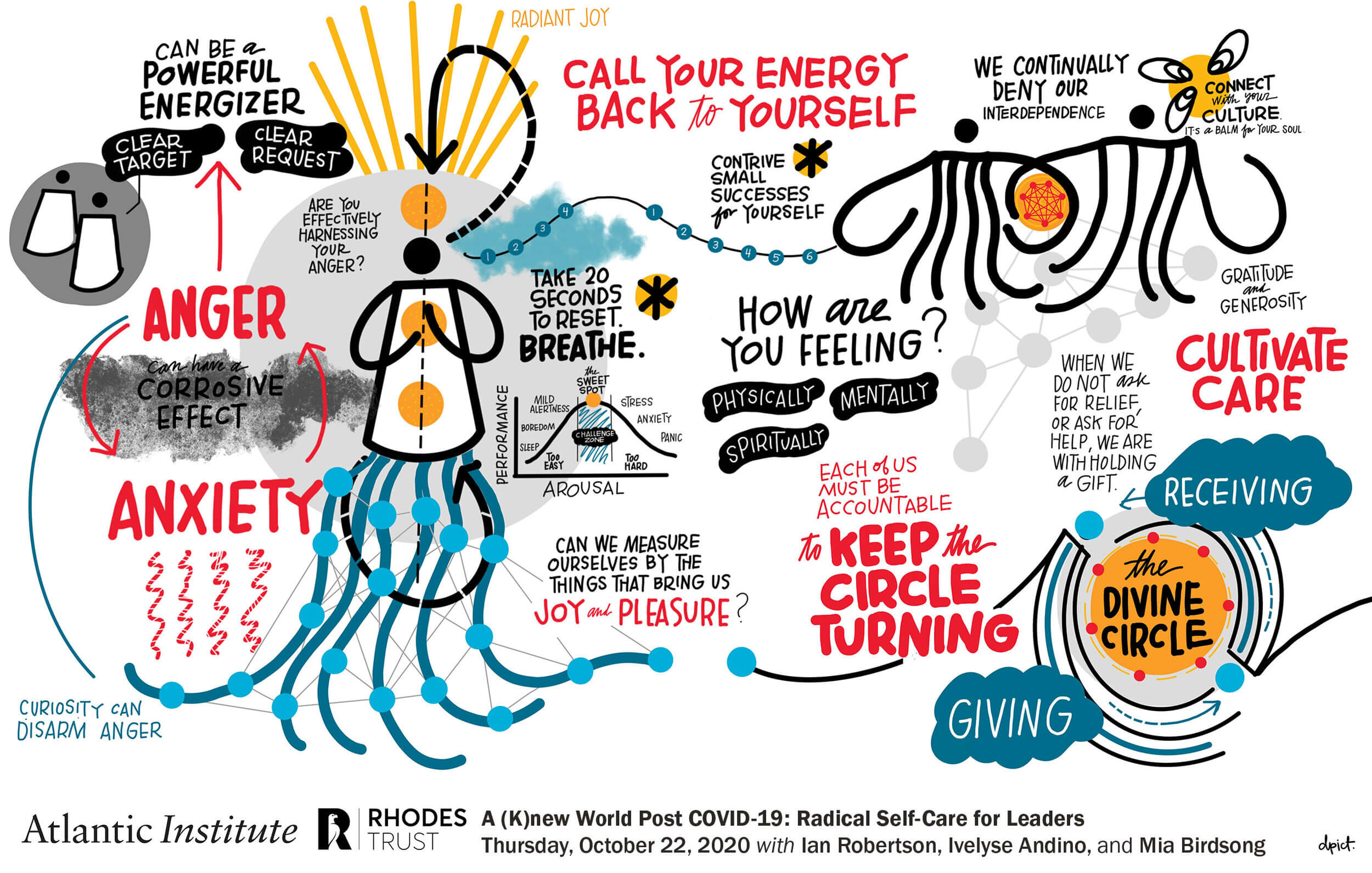Photographer credit: Sydelle Willow Smith, Atlantic Fellow for Racial Equity
This article first appeared in the Daily Maverick 28 December, 2023
By Ben Cousins
Constance Galeo Mogale died suddenly on Saturday, 24 December 2023 while receiving treatment for a life-threatening illness.
Her untimely death has sent shockwaves through the land rights movement in South Africa and further afield.
A lifetime of activism, most recently as national coordinator of the Alliance for Rural Democracy, was exemplary in its dedication to the cause of justice for rural community members. She was an inspiration to many, and a highly effective leader. She will be greatly missed.
Aus’ Connie, as she was known, was born in the rural community of Goedgevonden in North West in 1971. Her family’s roots lie deep in the densely settled area around Ventersdorp. Here African families had countered dispossession by buying land and establishing communities in defiance of the laws of both the Boer Republic and its successors, the segregationist and apartheid governments.
They established thriving family homes and farms against all the odds, and invested heavily in the education of their children at schools such as the famous Bethel Opleiding Skool (now called Bethel High School), and Boitshoko High School, built by the Uitkyk Missionaries.
Aus’ Connie’s family and neighbours were forcibly removed in 1978 and relocated to Vrischgewaagd and Putfontein near Coligny in the former “homeland” of Bophuthatswana. She was already an activist in her teens when she participated in meetings called to resist the forced removal of her community of more than 300 households.
She played an active role in the reoccupation of Goedgevonden in 1991, which took place in the face of violence by neighbouring white farmers and the police. She became heavily involved in rebuilding Goedgevonden, including volunteering as a teacher and making sure that both of the schools were rebuilt and registered.
Connie went on to play a leadership role in the national movement to reoccupy confiscated land that emerged in the early 1990s. The movement went on to lodge and pursue a host of land claims after 1994, when the Land Restitution Act was adopted. She worked for the Transvaal Action Committee, was a leader in the Land Access Movement of South Africa (Lamosa) for many years, and later worked for the Nozala Trust alongside the National Movement of Rural Women.
She worked tirelessly to support restitution communities and oppose unjust laws such as the Communal Land Rights Act of 2004 and the Traditional Courts Bill of 2008. Her work over the past three decades entailed thousands of community meetings, marches and petitions, as well as media engagements.
Aus’ Connie was the coordinator of the Alliance for Rural Democracy in 2008/9, which was formally constituted through the formation of the Rural Democracy Trust in 2017. She played a pivotal role in bringing together the many small and large rural organisations and communities to oppose a slew of unjust laws and pro-elite government policies.
She did not hesitate to oppose the government when community land rights were threatened and rural democracy was undermined. She travelled tirelessly from province to province, vigil to vigil, protest to protest, and also spearheaded important (and successful) legal challenges to the new laws and policies.
The first cases concerned the Restitution of Land Rights Act of 1994 which she had fought for in her youth. The restitution process was subverted during the Zuma presidency to favour new claims by traditional leaders and various elites at the expense of long-delayed claims by rural groupings who had suffered forced removals during apartheid.
This cynical redirection of resources to trump desperate land claimants and re-tribalise the former Bantustans was achieved by amending the Restitution Act. Constance was the first applicant representing the many desperate land claimant groups she had supported over decades.
The second, more recent case successfully challenged the controversial Traditional and Khoi-san Leadership Act which sought to empower traditional leaders as the sole representatives of the 18 million South Africans living within the boundaries of the former Bantustans.
The context here is that many of South Africa’s most profitable minerals, including platinum, are located within the boundaries of the former homelands. Multibillion-rand mining deals routinely enrich traditional leaders while they impoverish and dispossess the families who have occupied and owned the land for generations.
Constance Mogale’s name will go down in history as the lead applicant in these crucial court cases.
In one of her affidavits she wrote: “My grandparents and great-grandparents fought these battles and managed to bequeath land dignity and family cohesion to me and my siblings despite the enormous odds against them. To abandon these struggles for land and democracy is to abandon my own self. The ideals, traditions and rights that have sustained my family and my community are part of our legitimate customary law. They have made me who I am. Should we fail to preserve them and pass them on to the next generation, we doom our society to despair, corruption and disintegration.”
Rural social movements in South Africa and elsewhere in Africa and the Global South will no doubt continue to draw inspiration from the life and struggles of Constance Mogale, who they see as a true African leader, a liberated woman and a democrat.
Aus’ Connie is survived by a daughter, a son, a foster daughter and a granddaughter, and many others in her large extended family.
Professor Ben Cousins is chairperson of the Rural Democracy Trust. He is an emeritus professor at the Institute for Poverty, Land and Agrarian Studies at the University of the Western Cape.





.png)




.jpg)




